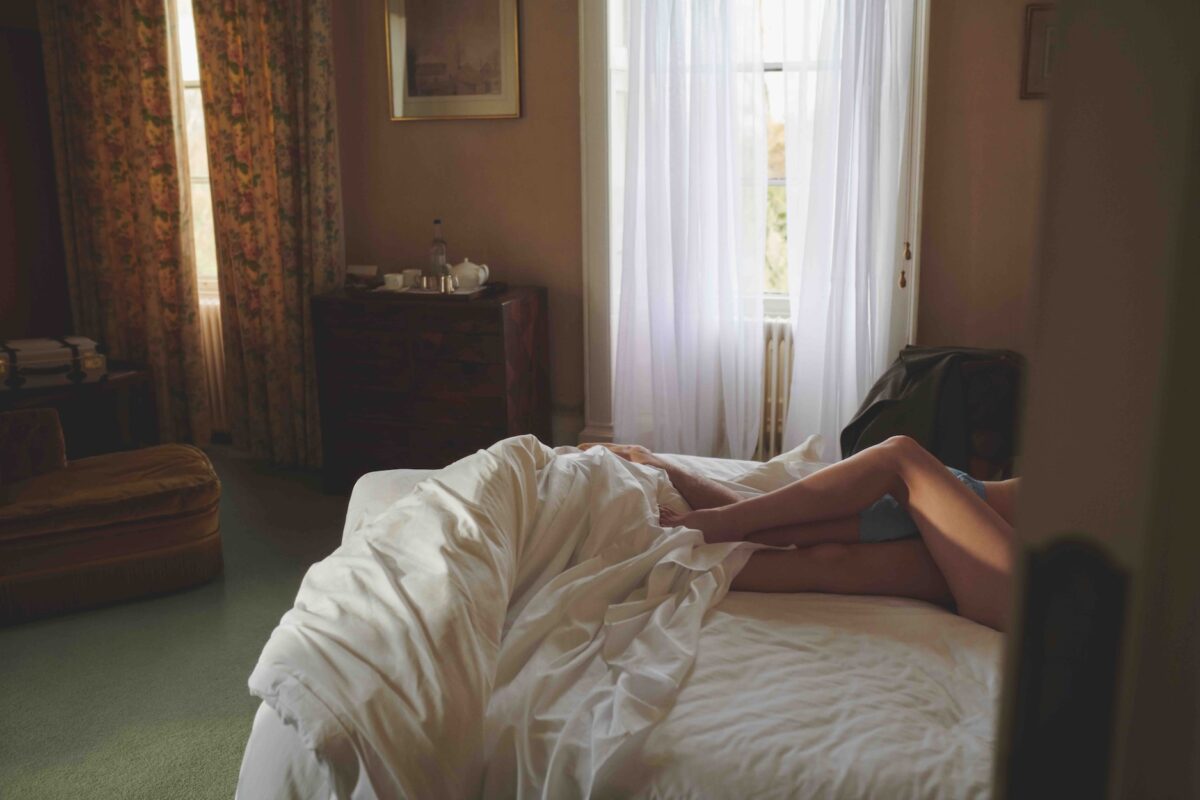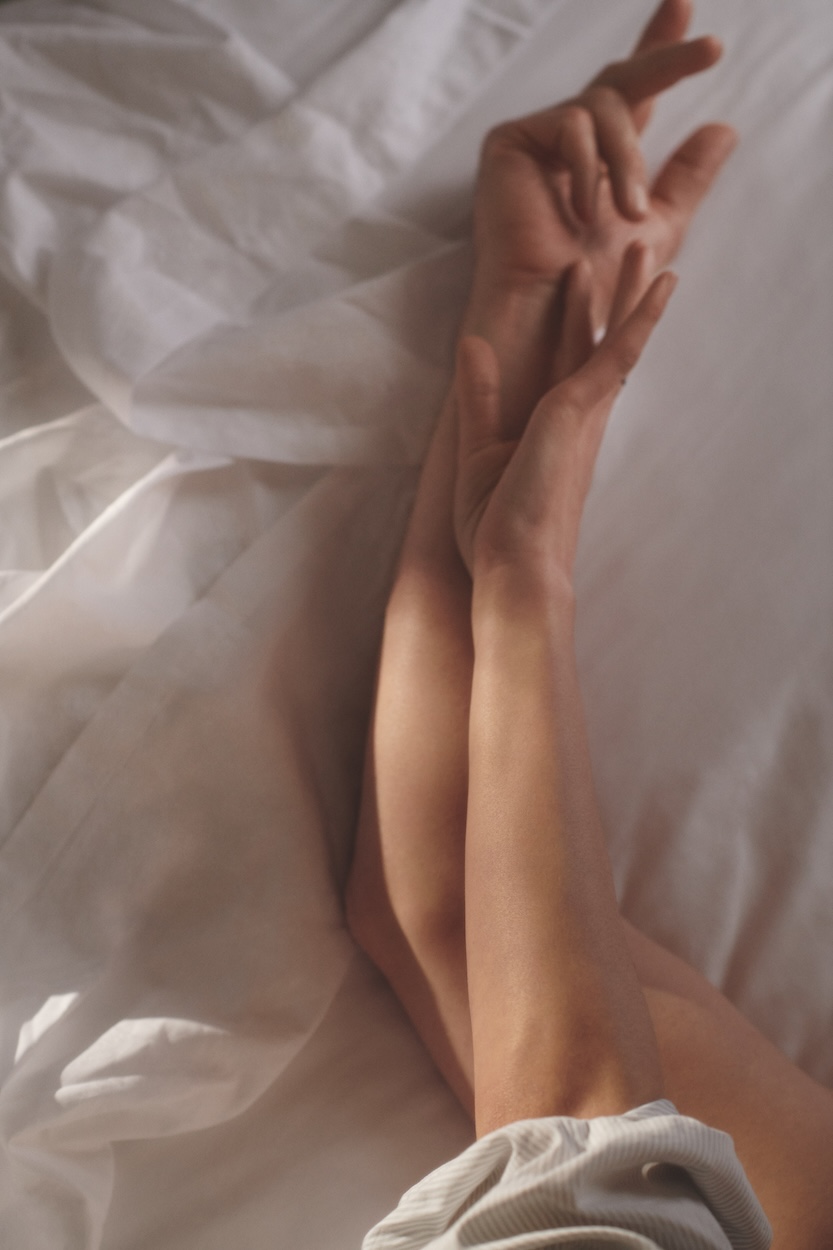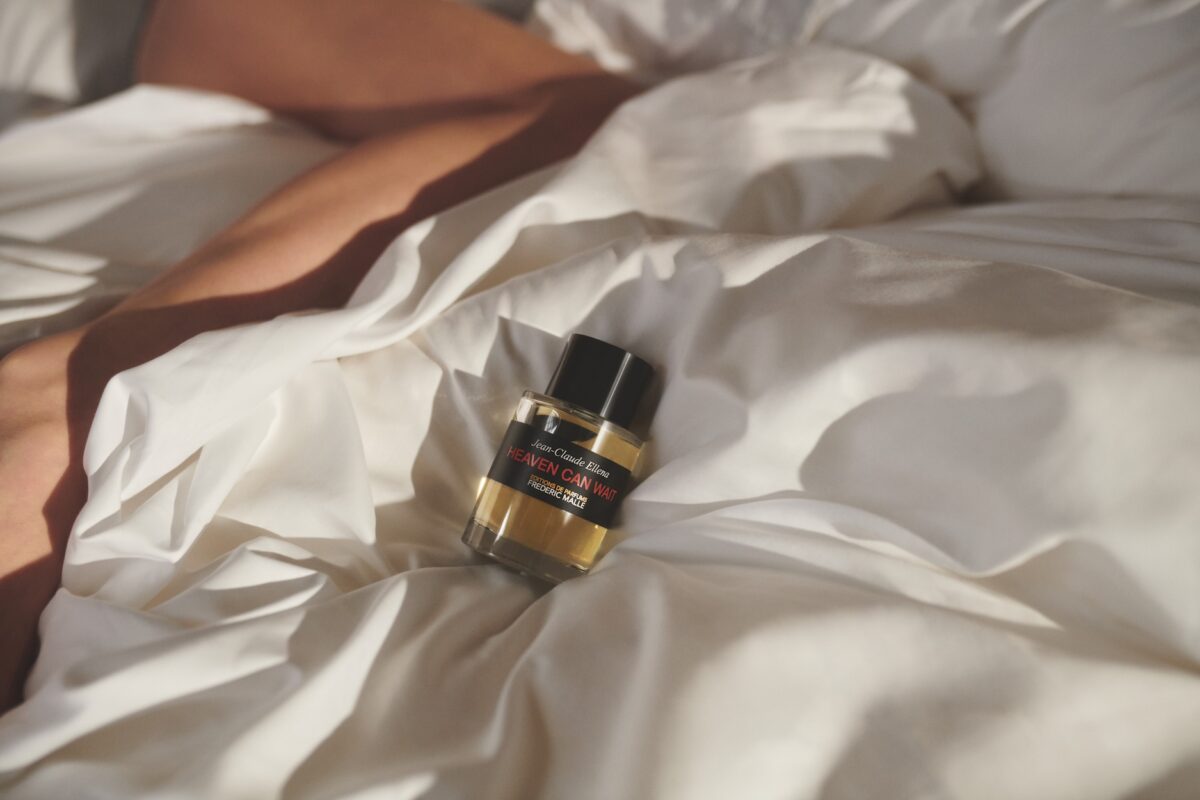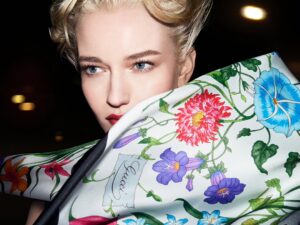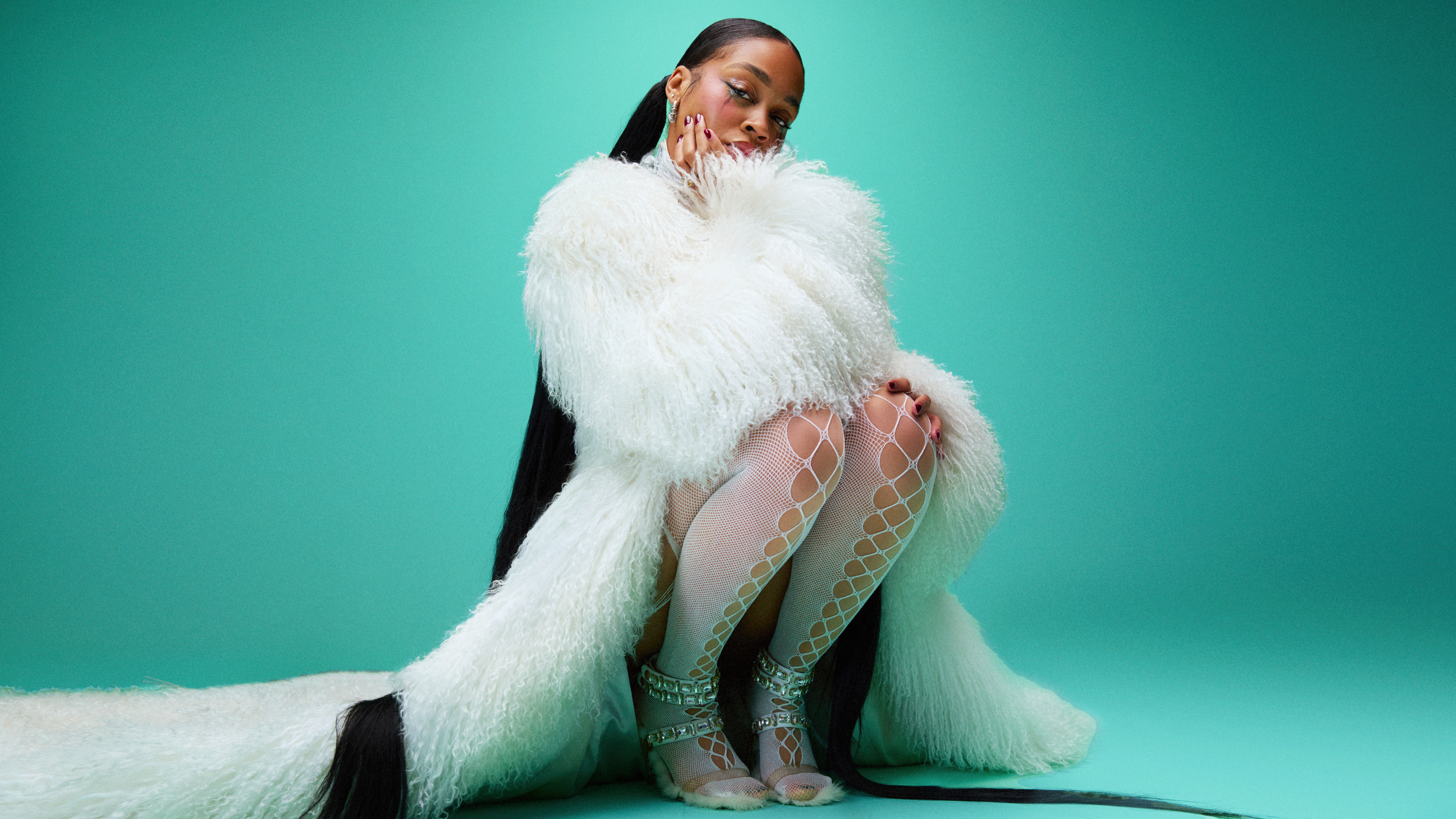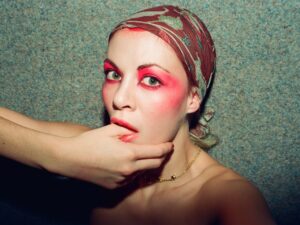Do you sometimes step into the process when Jean-Claude creates?
Frédéric Malle: Our exchange is very close but basically, let’s think of it as reils, you decide to go to Berlin but then sometimes you try out other this on the way since it is very tempting and at some point you know that you will not end up in Berlin but in Beijing. However, if you do that too often and you follow to many zigzags, then it becomes complicated. Once we decided we’re going that way, we really try and go this way. And one of my role is to help guiding, if ever Jean-Claude needs help, he often doesn’t. Only one time in our collaboration, I remember that we decided to shift when someone was telling me about how a very famous fragrance was really being done. When we found out, we knew that instead of going to Berlin, we needed to go to Hamburg.
So what do you do when you have an idea that does not work out?
Frédéric Malle: It’s trash… I think us as perfumers, we are quite secretive with what we do but we know that if we throw something away, we’ll have another idea, it’s an endless process.
Jean-Claude Ellena: Yes, it is not a problem of ideas but the one thing is that you have to make a choice at some point, this is the difficulty.
Frédéric Malle: Creation is all about choice. The exhausting thing is that all those choices that seem like nothing are really affecting your body since you put a lot of yourself into these decisions. I remember when I was a perfume consultant I had this one client who is a very important person in the perfumery and I would show him all these choices but he didn’t really care so much, he was sort of fine with everything. This is really different from how you feel as a creative, let’s say a painter or a musicians – you have to do all those choices, and that’s very tiring because sometimes, you don’t want to do them.
To do these decisions, you really have to be clear with your vision?!
Jean-Claude Ellena: Yes, you have to also know how to build your vision, it takes time and then with time though, you go faster.
Because it becomes more of a routine?
Jean-Claude Ellena: Yes, you gain a lot of experience but the difficulty is, you have to care about your experience to avoid repeating yourself too much. You go a little bit further each time, it’s always a question of the right balance. What I personally sometimes worry about is that what I do needs to fit our time.
Do you think about trends at all?
Jean-Claude Ellena: I mean, I always prefer to create a trend than to follow one.
Frédéric Malle: When Jean-Claude created the Vert Bvlgari that no one wanted before Bvlgari, this is what created CK One – this is huge, just to name one. If you create something very specific and very original, the commercial brands are going to knock it off. When we started this company we launched Musc Ravageur which became almost like a curse since it was so sexy and so unpredictable. And within a year, Tom Ford followed and everyone came back with something oriental, it was crazy.
Jean-Claude Ellena: When created the Cologne Biagarde, we started a new trend of a cologne.
What is your secret of continuing to do so?
Frédéric Malle: I think we are very sensitive creatives, Jean-Claude reads a lot, watches many movies and spends much time with inspiring people. It’s about these special feelings that you develop when you are open to the world. When you work in perfume, you have this backdrop which has changed and naturally you shift and your desires change. I am a very was curious person who is very much in the know of what’s happening, in many ways. I think that the seduction, this idea of sex appeal is something that we feel so intensely when we are young but we are still excited by more or less the same thing when we get older. You discover more, you watch more movies but this part becomes less relevant with age. The only thing that you wonder at some point is if you are still relevant. But I think it feels like new colors always enter our rainbow which is a new opportunity to paint differently.
Do you feel connected to the idea of creating for or in a city? Heaven Can Wait for example is very Parisian, very romantic.
Frédéric Malle: I think marketing has been built around this a lot. But of course when you travel and go to foreign countries and places, you smell them which can inspire you a lot.
Jean-Claude Ellena: It is a good way to open your mind to different cultures and different food, food is so important. For Rose & Cuir we used for the first time Timut Pepper. My friend who is a famous cook showed it to me and asked me what I’d think about it. I loved it and tried it out right after. This kind of approach I really enjoy a lot. And I really love Yuzu but the problem is that it is very expensive at the moment and you need a lot so that it lasts. For a good Yuzu you spend like 2000 Euros and you have to use 10% for a so it sums up to 200 Euros per use already. Right now, we are trying to work with a Spanish company since in Spain you can find good Yuzu.
Did you ever create a customized fragrance for an individual?
Jean-Claude Ellena: No, I wouldn’t want to do it.
Why not?
Jean-Claude Ellena: For two reasons: One is because of the narcissism. If I’d create a fragrance for you I would start asking you what kind of perfume you like and it would be easy for me to create it since I know all the formulas so technically, I can easily come up with something to please you but it would not be me at all. And then secondly if I did it for you, you would tell people you wear a fragrance that Jean-Claude Ellena made for you (laughs).
Frédéric Malle: ….and all of a sudden you have a new job. Well, if you do a perfume for one person, it is the exact formula than making one for a thousand people.
Jean-Claude Ellena: Yes, and I prefer to make a great fragrance for Frédéric that will sell to a lot of people, this is really pleasant for me.


